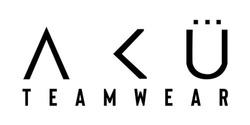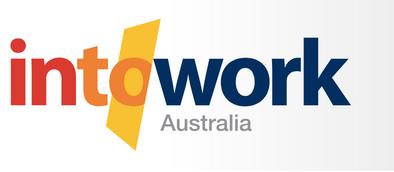






The purpose of this Impact Report is to share the field activities and achievements with our Possible Dreams International (PDI) community This provides greater transparency of our work and its impact on the rural communities in the Kingdom of Eswatini. We hope this report aids current and prospective donors to better understand the activities we have delivered, the people accessing our services and the opportunities we are planning for the year ahead
The beginning of the reporting period in Eswatini was marked by a deadly third wave of the COVID 19 pandemic, unprecedented civil unrest and inflation. Restrictions such as school and company closures had a significant impact on school attendance and employment.
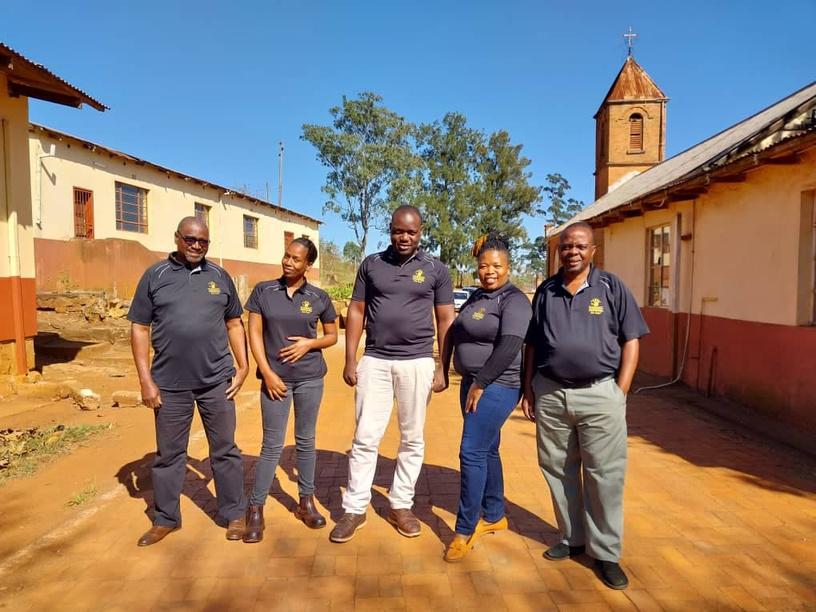
Nevertheless, the Field Team remained committed to providing services and serving vulnerable communities in rural Eswatini Highlights included building three two room houses for three families, initiating the Dignity (Hygiene) Packs program for children, and supporting 22 students with school fees. Participants in Income Generation Projects continued to thrive and we were able to respond to an increasing demand for emergency aid for vulnerable families out of work due to the pandemic; providing essential food, medical assistance and infant formula
We continue to be amazed by the generosity of our donors and partners, which allows us to improve health in vulnerable communities.
Siyabonga kakhulu, Thank you very much, The PDI Team
hello@possibledreams org (E) www possibledreams org (W)

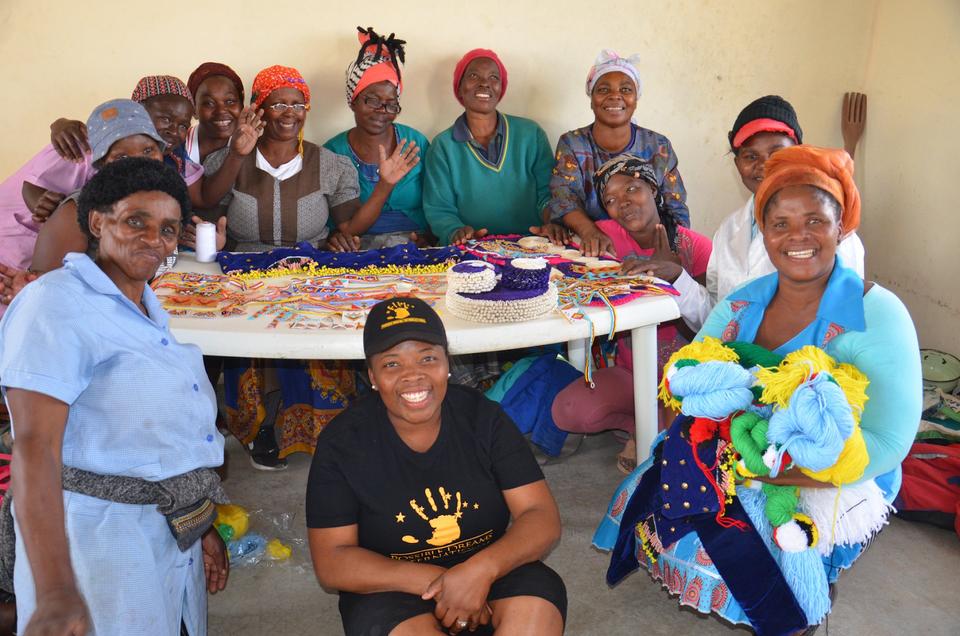

We believe that every donation we receive should be spent preciously.
We are proud to report that from our finance management in FY2022, 98 cents of every dollar spent goes towards implementing programs in the Kingdom of Eswatini (Swaziland).
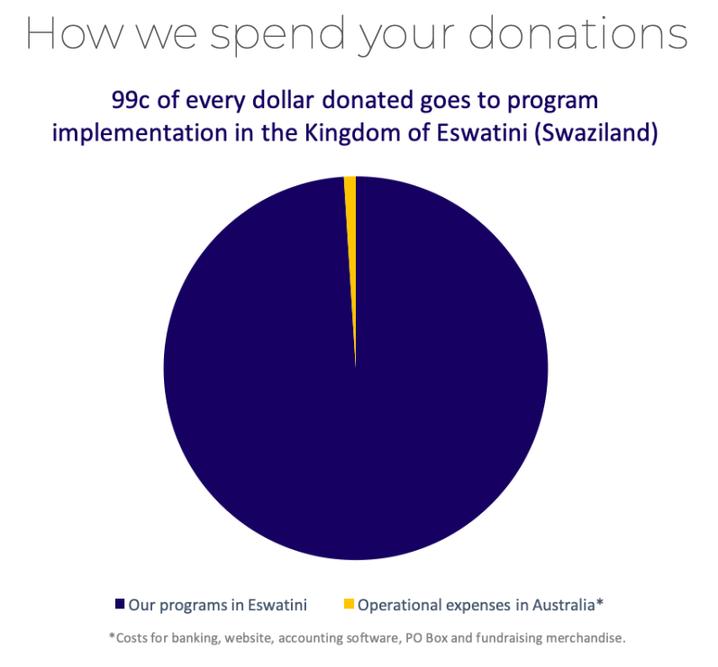
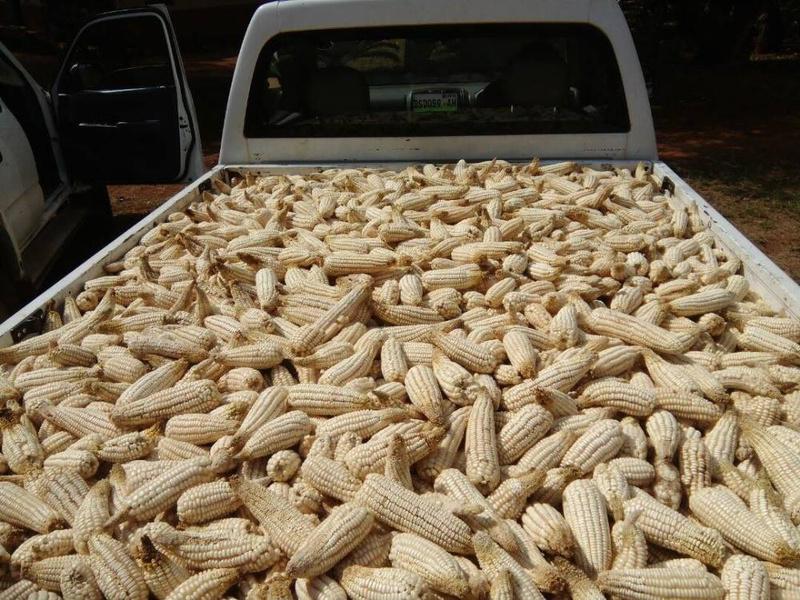
The Mealie Meal (MM) Program continues to provide monthly emergency food relief to people in need in the Lubombo region of Eswatini Like the rest of the world, Eswatini began this reporting period in July 2021 in the grips of the third wave of the COVID 19 Pandemic. With the Delta variant of COVID 19, all schools and most companies were still closed and the death rate was very high.
Eswatini embarked on a COVID 19 vaccination drive directed at groups of people considered to be most vulnerable like the elderly. The country also experienced a wave of political protests resulting in the loss of over 100 lives, further closure of businesses, unemployment and over three billion SZL worth of damages.
In this context, the demand for the MM program was as high as ever. The number of clients enrolled in the MM program has steadily increased since the start of the pandemic in 2020. Over 40 families, totaling to over 200 people received food relief from PDI every month during this period Given many clients remain at home jobless or are unable to attend school, the food packs received by the families were depleted quicker.
The demographics of our beneficiaries during this period remains similar to the last period. It is a mixture of Gogos (grandmothers) who care for orphaned children in combination with clients who are temporarily out of work
The situation in Eswatini appears to be improving as of June 2022, with more people returning to work and schools slowly opening, however the challenges of the pandemic and economic instability remain.
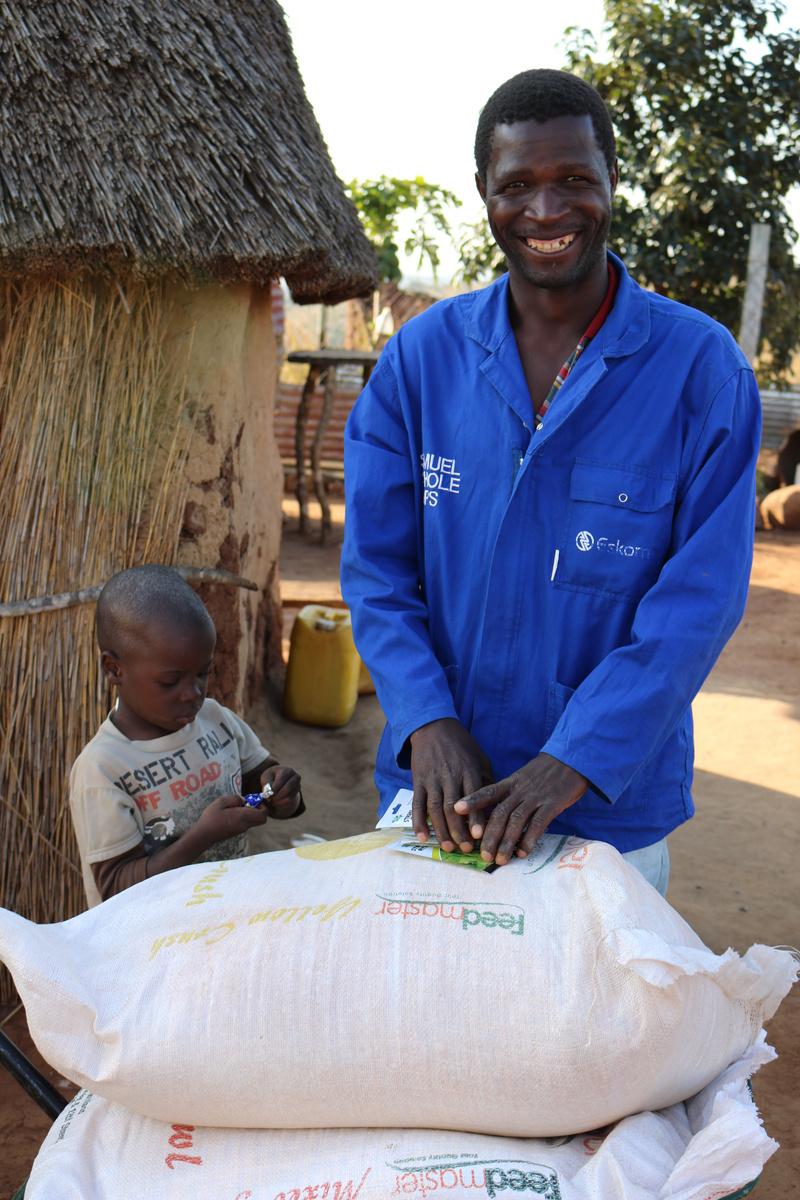
Thanks to the efforts and hard work of th volunteers, we were able to continue with much needed MM packs to our clients.
The economic situation is still dire since the onset of the pandemic. We still have many providers who remain unemployed Prices for essential items skyrocketed due to various reasons including the COVID 19 pandemic and general economic downturn. We also experienced unprecedented rainfalls this year which damaged the staple crop of maize throughout the country. There was also difficulty in sourcing fertilizer from South Africa after unrest led to the destruction of fertilizer factories and transporting trucks
The United Nations Population Fund (UNFPA) has predicted that over 33% of the population will need food assistance between now and the next harvest season.
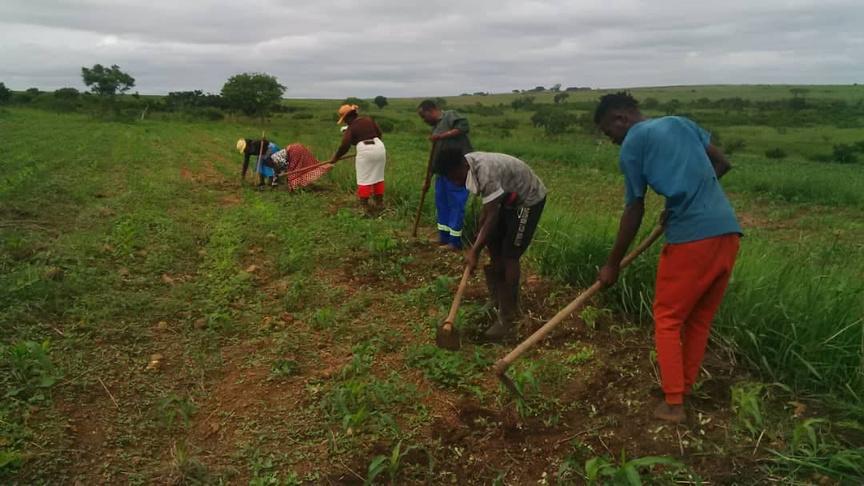
Most of the challenges are beyond the Field Team’s control There is hope in a new initiative from the Government, supported by the Emtjodvweni Trust and World Vision to provide seeds and other necessary farming aids to mainly child headed families and families headed by very old people. They also plan to provide the families with goats for those who are interested as an income generating project
The Team is still encouraging families to engage in backyard gardens where possible. For families that have access to land, we will continue to assist them with seeds and tractor costs so that they can cultivate their own maize Three families were assisted this year but unfortunately only one family managed to harvest due to the weather challenges
The Daily Emergency Fund (DEF) assists unwell people living in poverty with hospital transport, medication, medical tests, consultation and hospital admission fees at the Good Shepherd Hospital (GSH). Thisperiod, we assisted 82 people under the DEF, which is about 10 people less than the previous period This is in the background of people requesting assistance with extended hospital admissions, which quickly depleted our DEF budget
We have had to set a cap for extended hospital admissions and have liaised with GSH regarding splitting the cost. We also continue to collaborate with the Home Based Care Team from GSH who provide outreach care in remote communities to clients who are unable to travel to the hospital.
In the numbers below, some patients have received medical attention several times with follow up visits to the hospital
The main challenge is still the costs of the extended hospital admissions. However, we are hopeful that this has been addressed by liaising with the GSH and by splitting the fees with them.
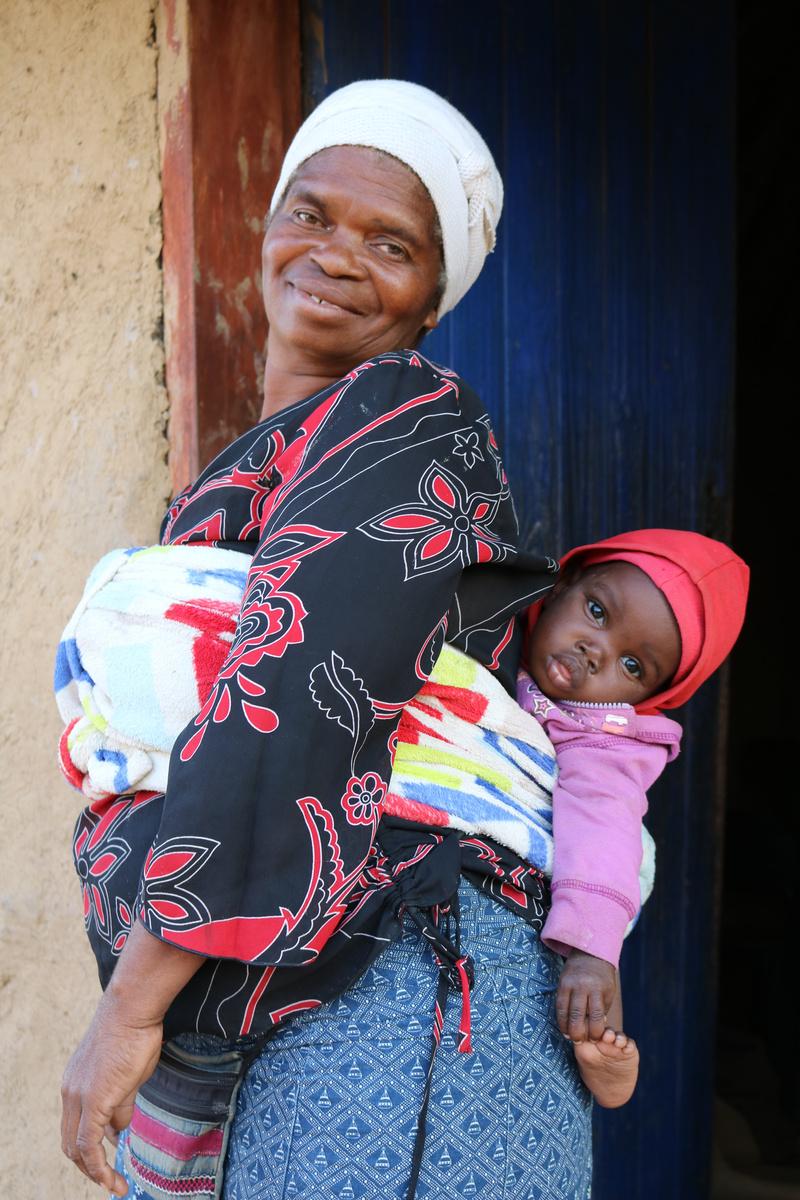
The MCH program, in an effort to prevent malnutrition, assists infants who have lost their mothers to HIV/AIDS or mothers who are unable to breastfeed and cannot afford formula feed This program has assisted two sets of twins and one infant in this period, covering their hospital admission fees and providing monthly formula packages until the age of six months.
5 children have been assisted during this reporting period.
The main challenge is still the costs of the extended hospital admissions. However, we are hopeful that this has been addressed by liaising with the GSH and by splitting the fees with them.
TThe soup kitchen is now in its 5th year providing much needed food relief to the elderly people in the Matsetsa area Similar to the previous period, due to ongoing COVID 19 restrictions, the operations of the soup kitchen had to be modified. Instead of the elderly people spending most of their day at the Soup Kitchen, they now come to dish up and take their food home Only those involved in the IGPs stay for the whole day on alternate days The elderly clients still gather the firewood and keep the garden going.
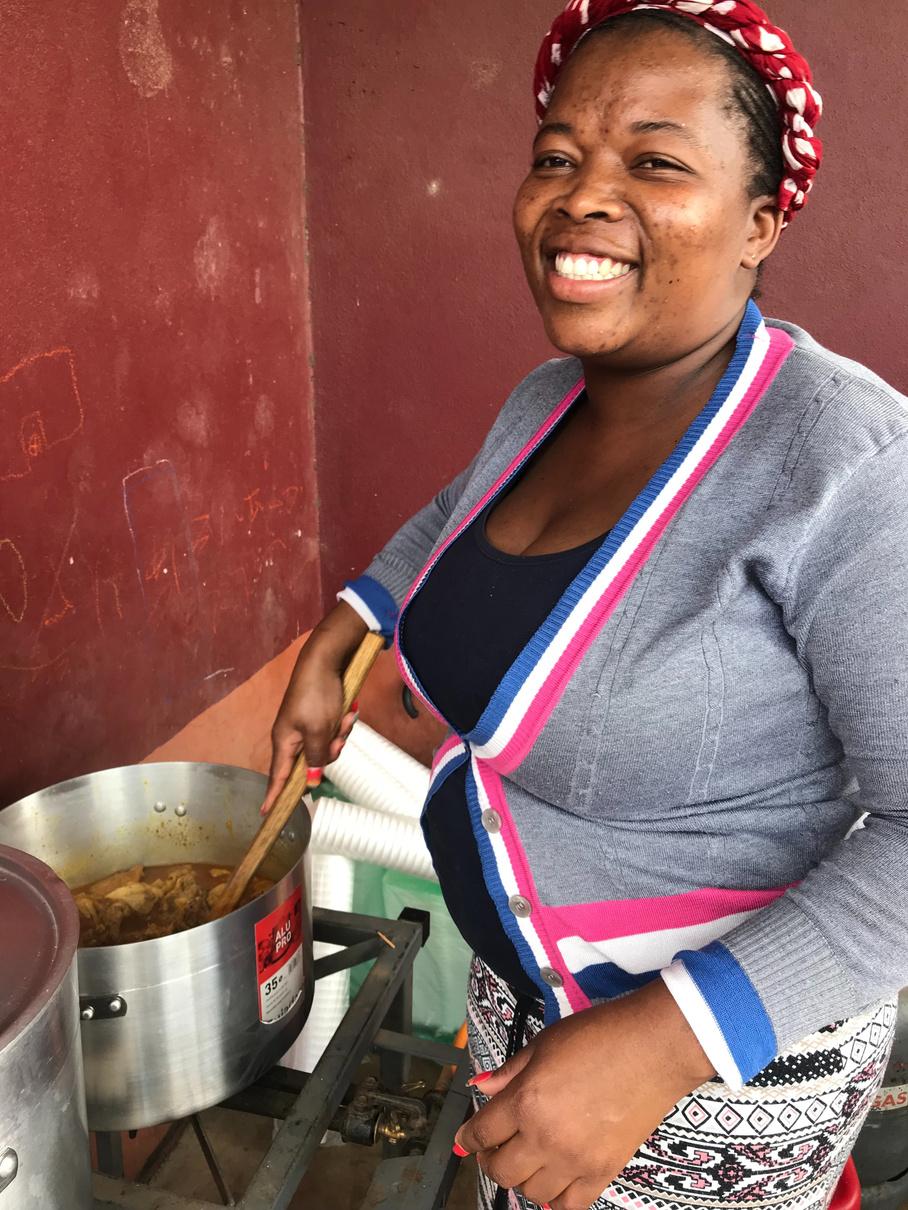
The Housing Program is one of PDI’s flagship programs and it aims to empower our clients by providing a safe and practical home with dignity.
In this period, we were able to raise enough funds to build two bedroom houses for three families The beneficiaries included a family of a Gogo caring for six grandchildren, a single mother of four children and an elderly Gogo, who was wheelchair dependent and homeless. This was possible from the November PDI x Fern Fun Run fundraising event in Melbourne sponsored by Fern Financial
PDI also helped renovate the home and built an accessible toilet for a wheelchair dependent man. Three families were assisted with roof repairs after incidences of fire and damage from heavy hail storms.
We continue to receive many requests for houses; however, we are unable to help everyone We continue to waitlist those needing houses and refer people to the National Disaster Management Agency and Red Cross.
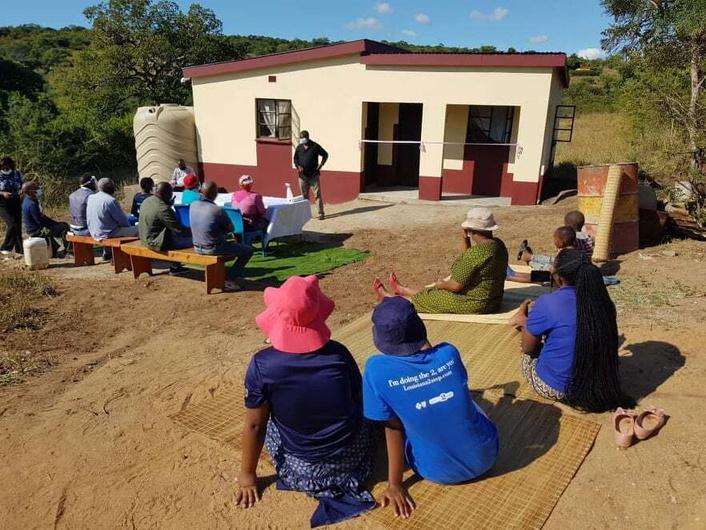
One major challenge was the huge rise in the cost of building materials by over 22% since the onset of the pandemic. Most people are still in need of assistance with shelter.
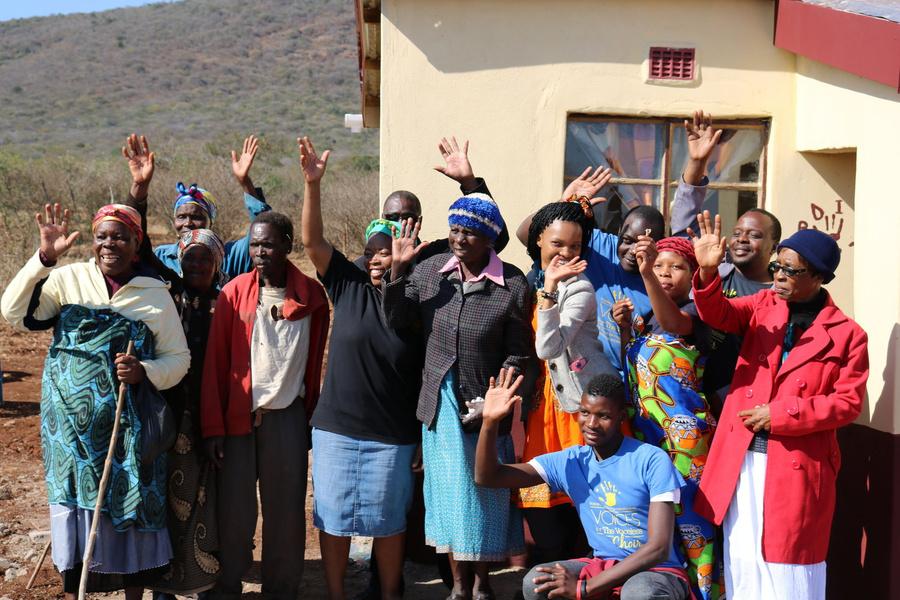
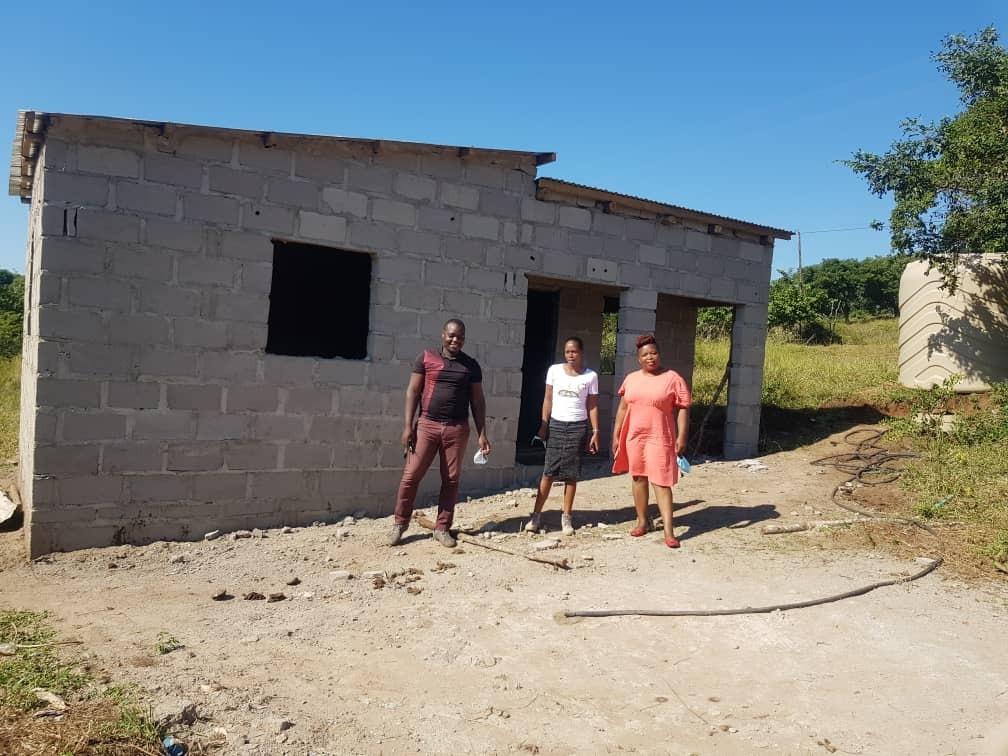
The Income Generating Projects (IGPs) are a number of initiatives designed to empower families and individuals on the MM program so that once they become self sufficient, they could be deregistered and other clients could be then enrolled.
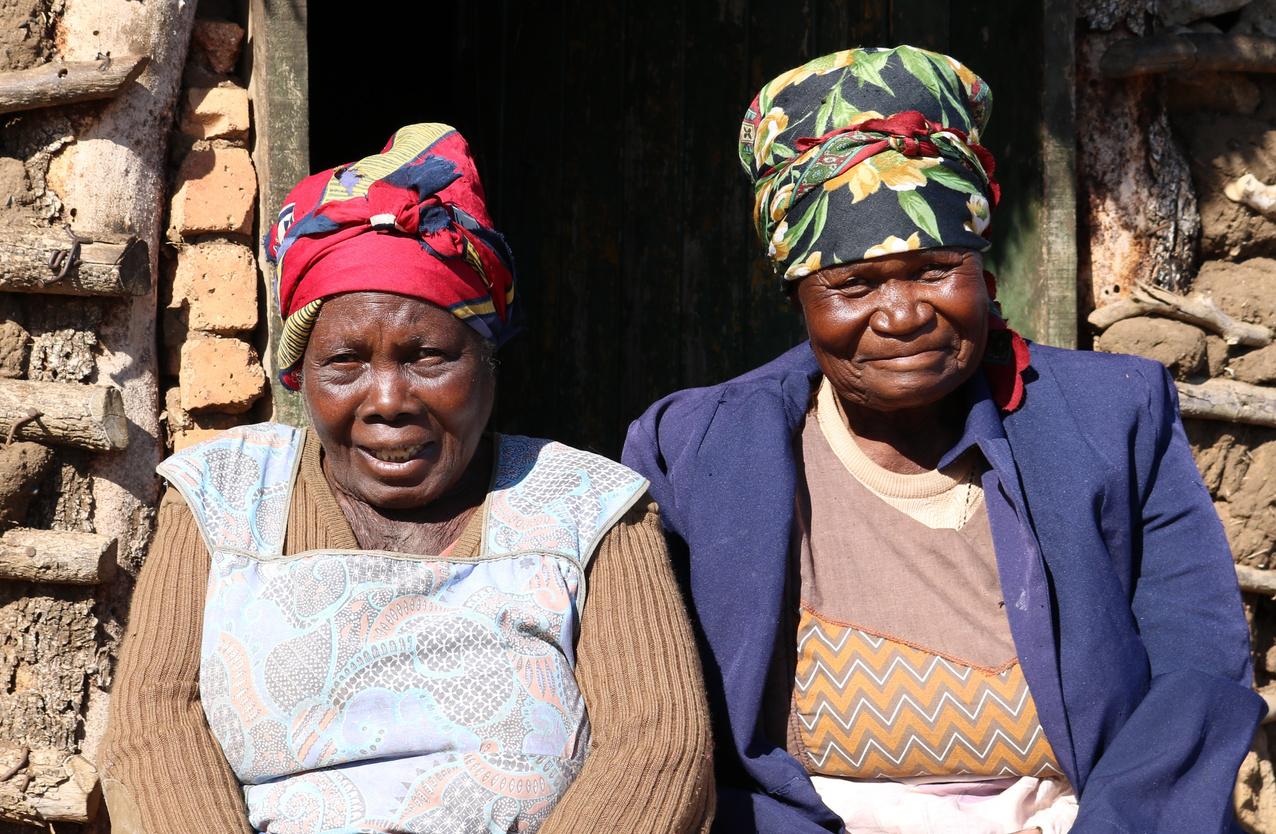
Amandla Project: empowers women in the Sugar belt region who previously engaged in transactional sex to provide for themselves and their family. This includes a Sewing Project, Poultry Project where two chicken coups were builts and Pig Raising Project The sewing IGPs were affected by the pandemic, however with schools reopening and the demand for school uniforms increasing, we ’ re hoping to recapitalise on this During this time, the Poultry and Pig Raising projects were able to help sustain these women.
Mobile Money IGPs: setting up vendors for individuals to be able to sell snacks or nick nacks. Beneficiaries include a school girl and a single mother who are able to generate enough income to take care of their everyday living expenses.
Thanks to a very generous grant from our platinum sponsor Intowork, we were able to engage in and continue with multiple IGPs this period We have eight successful IGPs running currently, helping over 50 people Similar to the last period, we have focused on group IGPs like the following, as we have found them to be more successful: 1. 2. 3
Fence Making IGP: revived by the Soup Kitchen team this year (see further details below)
The sewing IGP had to be diversified during this period and our clients adapted quickly to make grass mats whilst the demand for sewing uniforms was lower Building a bigger chicken coup for chicken projects had very good results as the dividends are now of reasonable amounts. The Team assists the ladies with the transportation of feeds whenever they are required
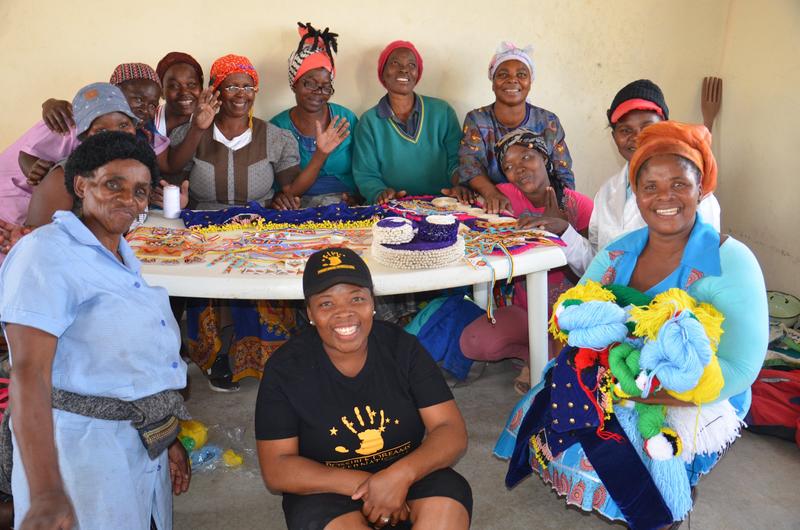
The Pandemic affected the quantity of school uniforms orders. However, this is set to change now that schools are operating full time.
The Goats IGPs continue to be affected by stock theft. The to curb the steal

Recapitalise the IGPs that were affected by the pandemic as this has led to the clients using up all the money that they had raised. Increase the Mobile Money IGPs for those who are in areas which have no Mobile Money Mobile Money is always in demand Increase the capital for our clients for a substantial IGP to get more profit.
As part of the sustainability of the PDI office, the Team would like to explore the idea of starting an IGP strictly for its own sustainability, pending the Board’s approval.
The Handicraft Project at the Soup kitchen was started to help the bogogo (grandmothers) and bomkhulu (grandfathers) to generate some income to meet their basic needs The numbers of people participating in the project has declined due to the pandemic, however some continue their crafts at home, like making sleeping mats and grass mats. The PDI team provides transport for the materials required for these projects. The number of people involved in these projects fluctuates and currently around 30 people are beneficiaries of this project.

As part of the Handicraft Project, the clients have also come up with their own Saving/ Loan scheme where they lend each other money and it is paid back with a small interest
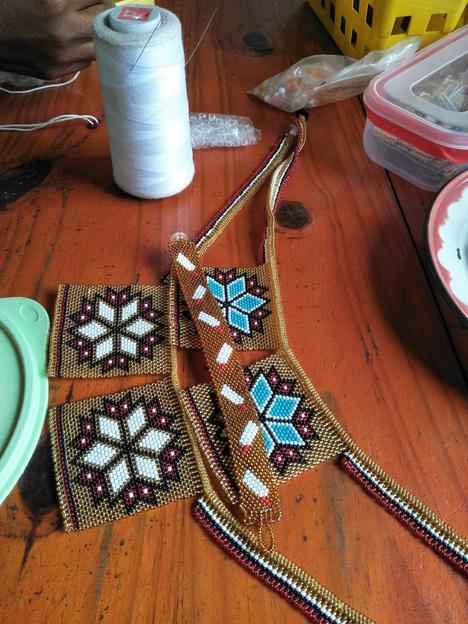
Thanks to the grant from Intowork, the Fencing project which was put on hold the previous period was revived following the purchase of a Fence making machine and materials. This project has a return of up to 40% profit for our clients.
Vegetable garden is growing well. Handicrafts projects (Grass sleeping mats, tradtional necklaces and skirts, bags) Fence making project revival Making of chicken laying nests (Tilulu) to sell in the community. Assisting with weeding and harvesting of Sitsatsaweni fields.
The pandemic led to the changes in the soup kitchen, where the senior citizens can no longer spend prolonged periods at the kitchen This used to be a pivotal social spot for people to gather and socialise
Six elderly people passed away; three women and three men.
Installation of power supply at the soul kitchen to be able to diversify activities, such as the start of a sewing project.
The Sitsatsaweni farm project was started in 2017 as a means towards self sustainability for PDI and food provision for the MM program and the Soup kitchen. Land was acquired close to the PDI office to be used for growing maize and other crops
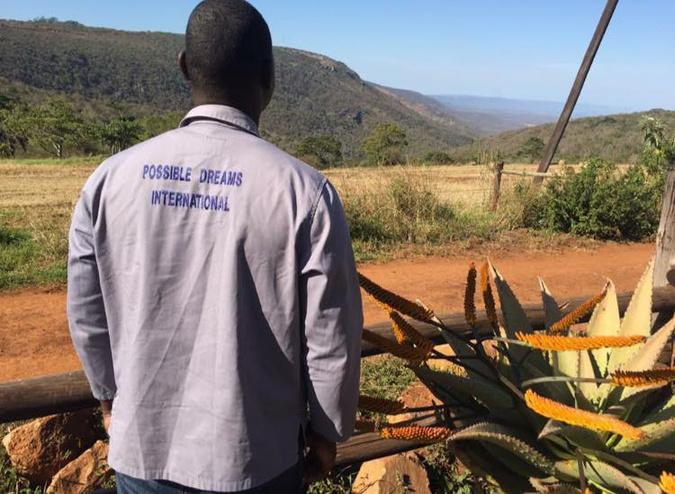

The season started very well but unfortunately heavy rains had washed away most of the fertilizer from the soil diminishing the yield. This year we harvested 20 x 50KG bags of maize compared to 25 x 50KG bags last year.
kg bags of maize harvested.
change and weather changes to control the harvest
cost of inputs (seeds, fuel and since the onset of COVID 19 ased input costs.
and hope for a better crop season in 2022/2023
Join the government subsidized farmers scheme to benefit from the subsidized cost of seeds and fertilizer.
The Scholarship Fund was started in 2019 with support from former United States Peace Corps Volunteers who had served in Eswatini many years ago In this period, we saw a surge in requests for scholarships after many parents were left jobless due to the pandemic and political protests. Further funds towards this project was raised by PDI volunteers through a Fun Run in May 2021.
At its inception, the scholarship was established to help the Girl Child who are especially vulnerable, however it also now caters for a few boys who qualify. This year, we had over 40 applications, however were able to help pay the school fees for 22 children We were also able to buy school uniforms, shoes, books and pay for school transport for some of the children
All of the children in their final year of high school under the scholarship fund passed their exams and are now waiting to be submitted to tertiary studies.Handicrafts projects (Grass sleeping mats, tradtional necklaces and skirts, bags) A total of 22 students were supported through this program during this reporting period
While the program started in the Lubombo Region, it is now in three regions of the country, which are Lubombo, Manzini and Hhohho.
The number of children applying for assistance was more than PDI could cater f this year because the COVID 19 pandemic resulted in lots of bread winners losing thei jobs and being unable to pay for schooling for their children.

Schools increased fees when schools reopened in April 2022 On average, most schools increased fees by 27% This meant that it became more expensive for PDI to support the children who needed help.
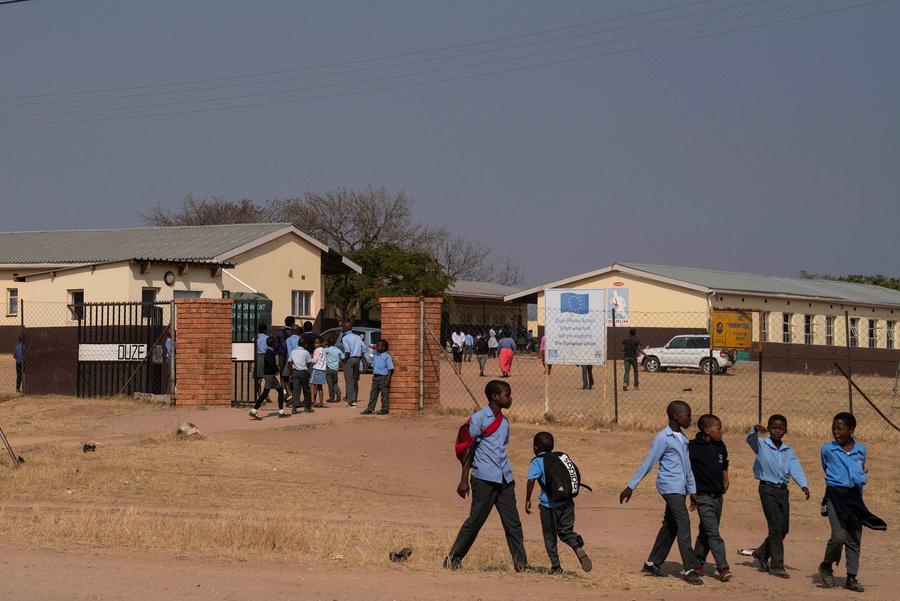
22
PDI should continue with this very essential program If possible, means to raise more funds for this program should be explored so that more children can realise their dream to have an education
STUDENTS SUPPORTED OVER 3 REGIONS OF THE COUNTRY
The Sanitation Project aims to address the lack of basic sanitation in the Lubombo region by building toilets and water tanks. During this period, toilets were built based on urgent requests Three toilets were built in total, including for two families who had wheelchair dependent family members, one toilet for an elderly couple whose toilet had caved in due to the heavy rains. Funds for this project were raised by Australian Volunteers who organised a fundraising Bunnings barbeque in Easter 2022.
A generous grant from the Burwood Heights Uniting Church enabled us to install a Bore hole pump in Mambane for a community of about 45 homesteads. Furthermore, we were able to install four water tanks for four families in other areas.

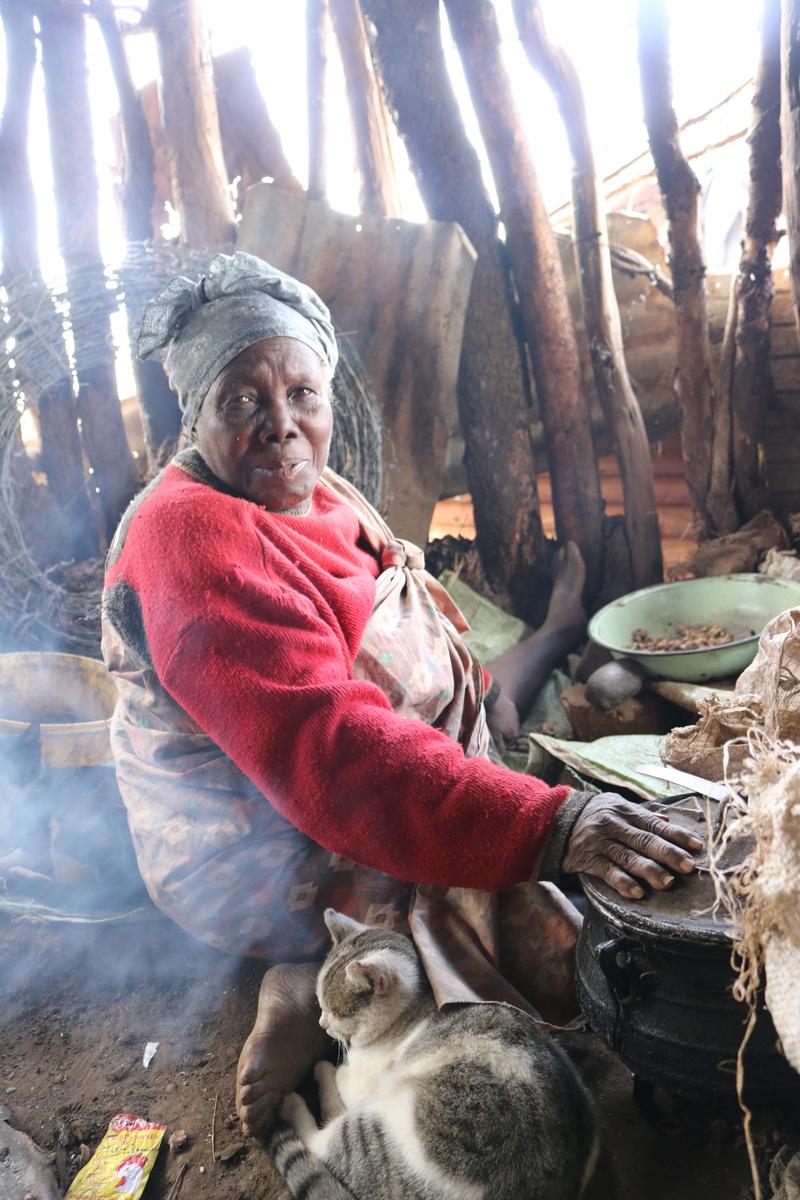
The Dignity Project was established to provide comfort and care to people living with AIDS, terminal illness, disability and elderly people. Unfortunately, our usual activities of personal hygiene, washing clothes and house cleaning were suspended due to the risk of COVID 19 transmission to the PDI team
We have however introduced a new aspect to the program, creating Dignity/ Hygiene packs for girls to ensure that girls do not miss school because of their menstrual periods We have provided over 20 girls with Dignity Packs which includes sanitary pads, soaps and other hygiene items
The Field Team considers this financial year to be a very successful period despite the challenges experienced
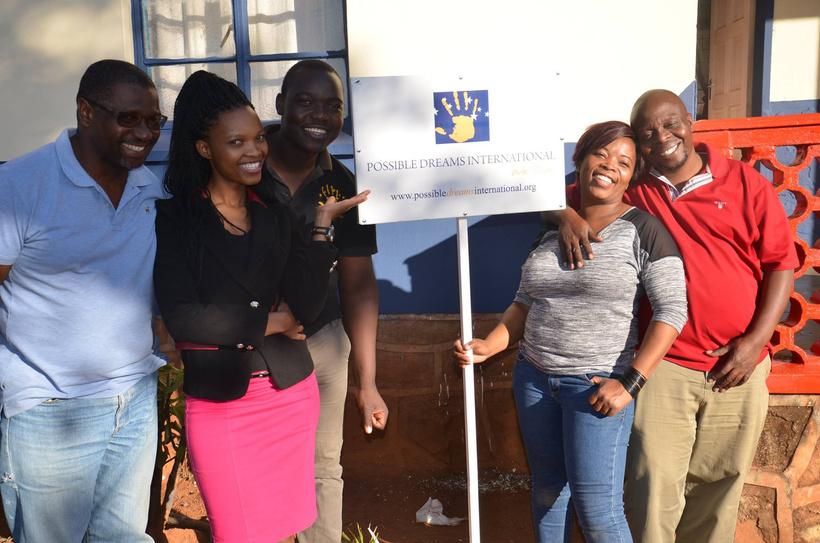
We began the year under very challenging circumstances with the COVID 19 Pandemic at its worst. The movement restrictions within the country were eased however this was revealing itself to be the most deadly wave of the pandemic. Other restrictions like school closure, company closures and curfews were still in place. By this time, the Field Team had adjusted to the new “Normal” and interactions with our community members were improving. The Team continued to take extra precautions to avoid transmission of the virus, but in spite of all of this, we continued to deliver services and of note, all of our MM clients received their food packs as scheduled The burden of the pandemic has started to ease towards the end of this reporting period and we are hopeful.
The wonderful support of the Board and International Volunteers continued and ensured that the Team was able to carry out the programs that benefit the most needy members of the society. The staff remained employed during this period despite the economical challenges and this motivated the Team to make sure that they deliver The Field Team misses the visits from the Medical students from Australia, with the last visit being over 3 years ago It is the Team’s hope that as the travel restrictions ease, the students will visit the country again and give the invaluable help they render when they visit the country.
We continue with five valuable members on the team: two on a part time basis and three members working full time. The administration of the Mission where our office is located changed about two years ago and the new administration implemented changes to our lease agreement where PDI was responsible for minor repairs needed for the building Due to the heavy rains experienced, the roof started leaking in areas which we have had to repair before the next rainy season begins. Our rent is also set to increase for the 2022/23 period.
Other challenges during this period include the unprecedented civil unrest Many young people lost their lives, and although the situation has somewhat improved, it is not yet back to normal. Furthermore, we have seen an increase in the price for all commodities. Food prices have increased by 22% on average and fuel prices have skyrocketed by 120% since the start of the pandemic. The predictions going forward are gloomy and it is expected that strenuous times are ahead in Eswatini In the context of this, we are also seeing the rise of gender based violence, breakdown of families, higher murder and suicide rates.
Building three two room houses for three families was a great achievement. Thanks to the Board and International Team for making this possible Initiating the Dignity/ Hygiene packs program for the Girl child Most of all, being able to deliver help to all our clients during the period of a ravaging pandemic has been gratifying. Keeping the Team employed under the trying economic times is appreciated.
The Economic situation is a big challenge The cost of living has made surviving a challenge for most people except the wealthy. SZL 10 (AUD 0.86) does not buy even a loaf of bread anymore. Crime rates are high as the unemployment rates increase. Commodity prices rose substantially during the year. Fuel prices have increased which makes the field work more expensive
Many school children are dropping out of school because the cost of education is too high, which has resulted in the office receiving huge numbers for assistance. Unfortunately the resources are enough to make that possible and this is always a devastating feeling.


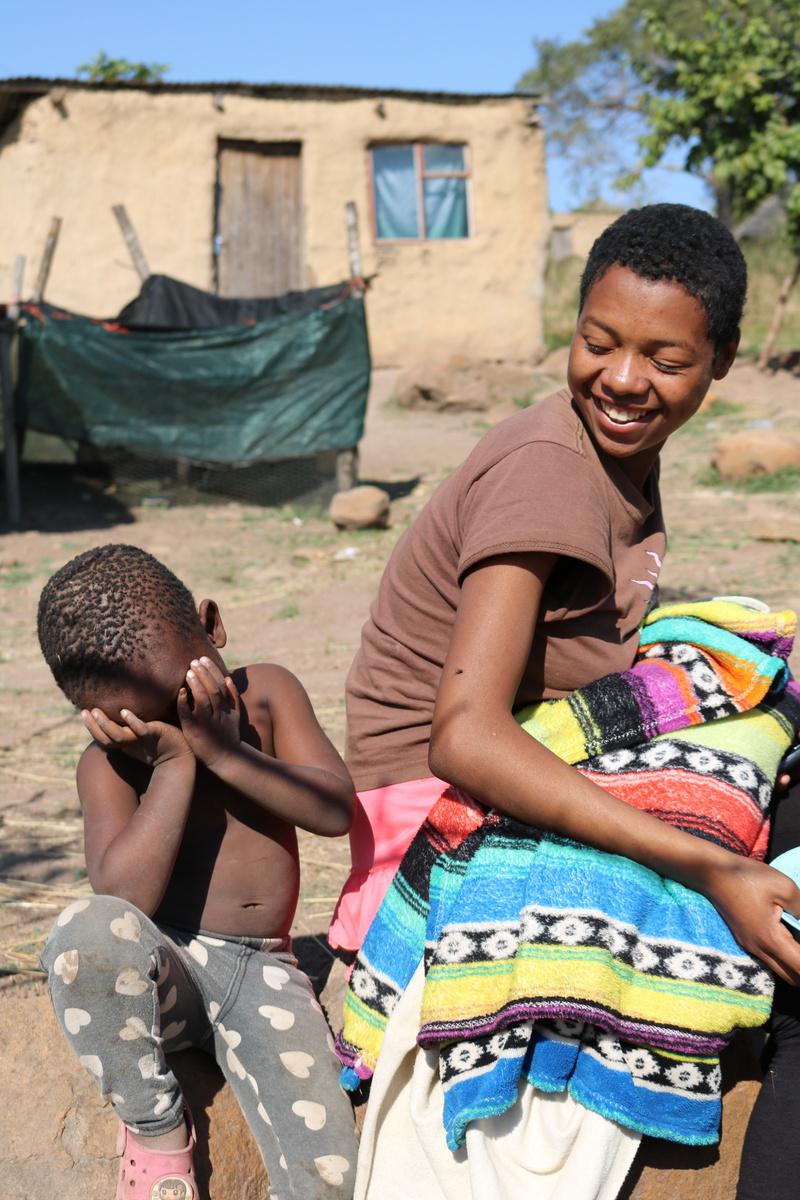
Continue to look for more funding avenues, especially for the building of houses as the need continues to grow
The PDI Field Team, with the support of the Board, volunteers and sponsors, has had many achievements in the period between July 2021 and June 2022 in spite of the challenges. This is a sign that the board and the volunteers really care for the people of Eswatini. The substantial grant from IntoWork for sustainability activities was greatly appreciated and has changed the lives of many people in rural Eswatini. Dr. Maithri (founder of PDI), continued with his generous donations to PDI's work and this is most appreciated
PDI continues to be a lifeline for many people in the country, especially in the most impoverished Lubombo region. As Fakazile Matsenjwa said when she was handed keys to her new house:
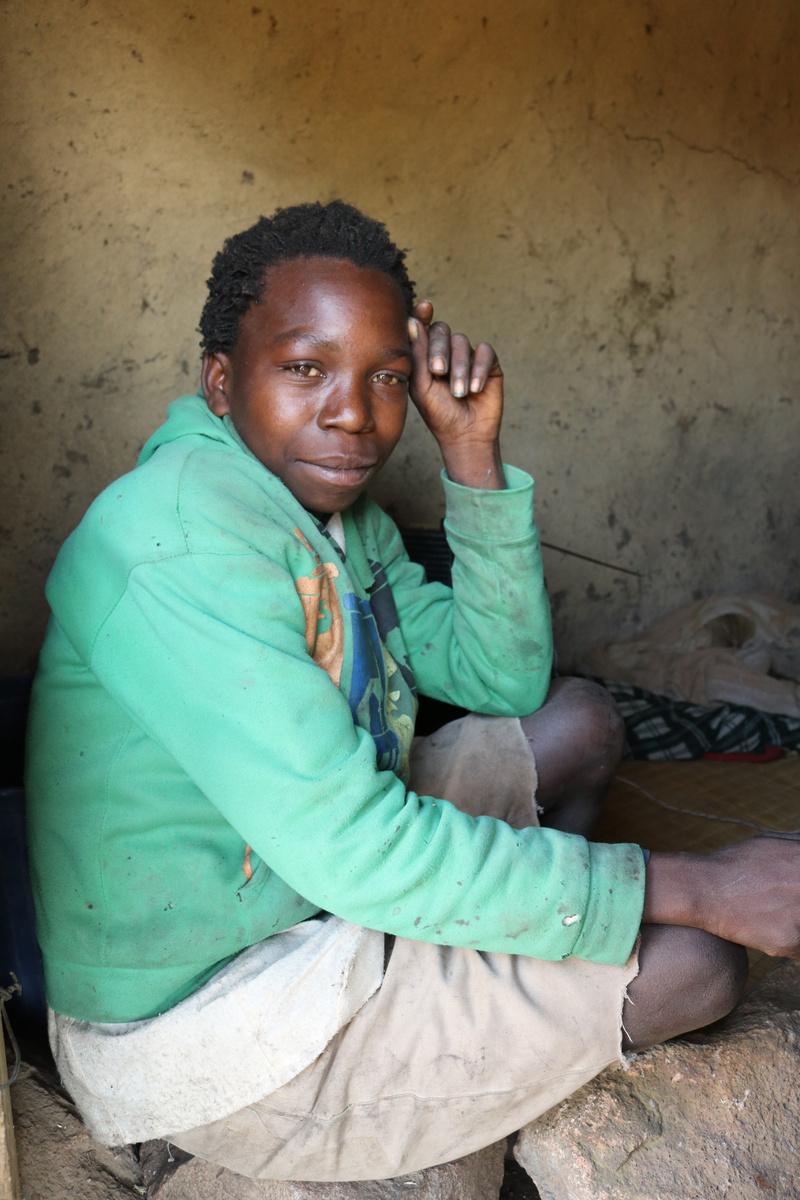
“PDI restores life and dignity to people. I now have a place where I will leave my children when the Lord takes me. ”

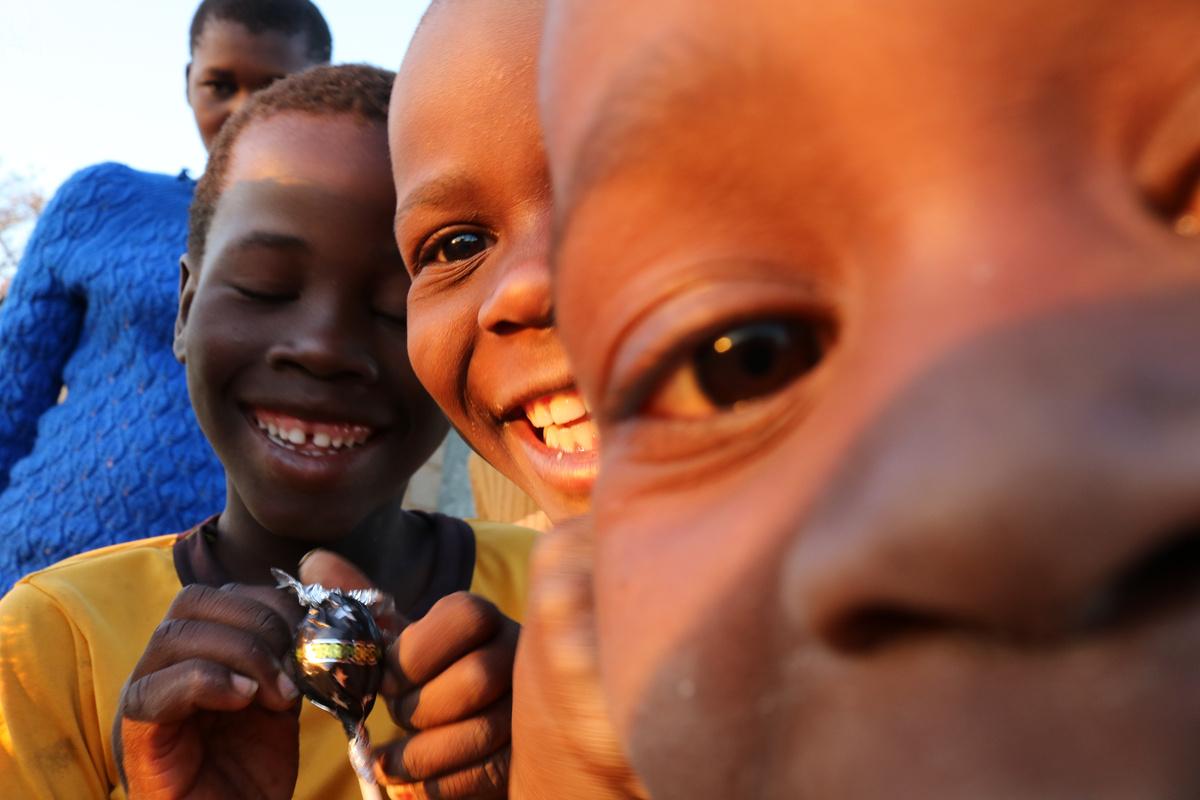
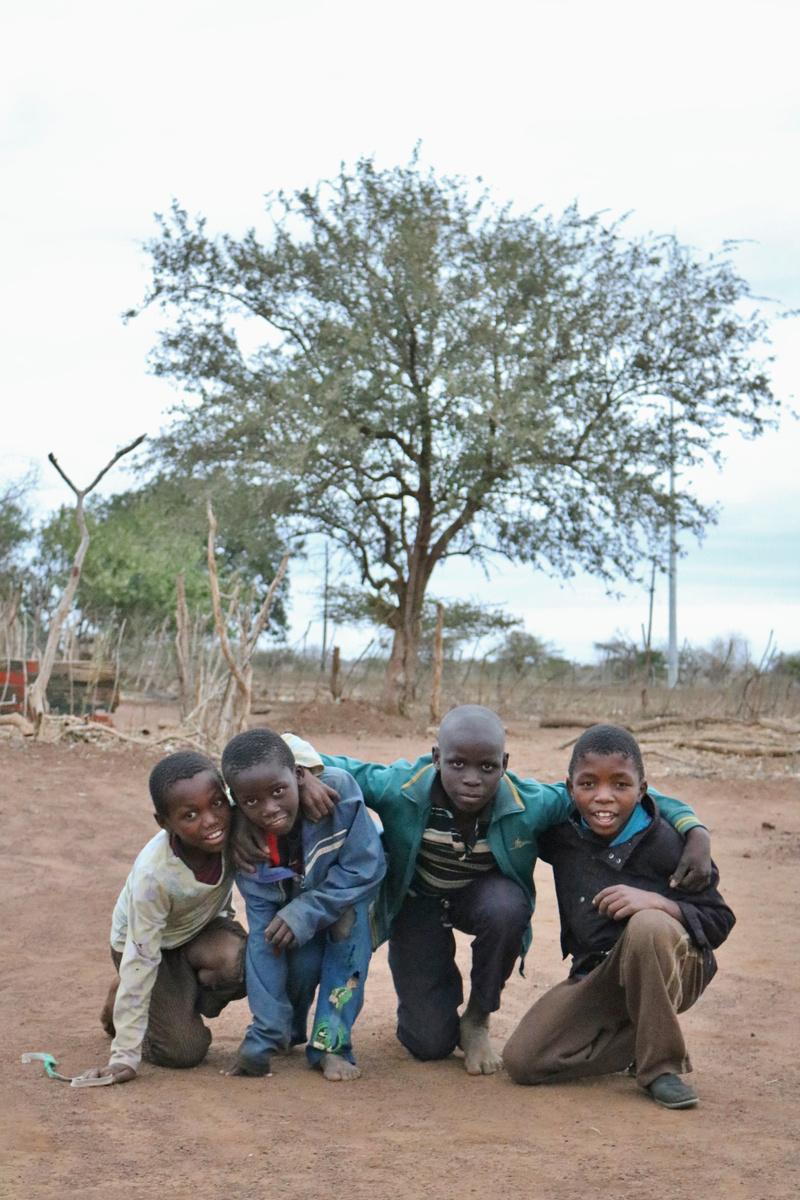
That is how important PDI is to the people in the region. The Team looks forward to another successful year.



